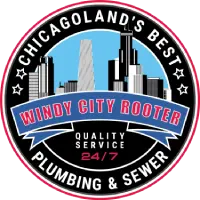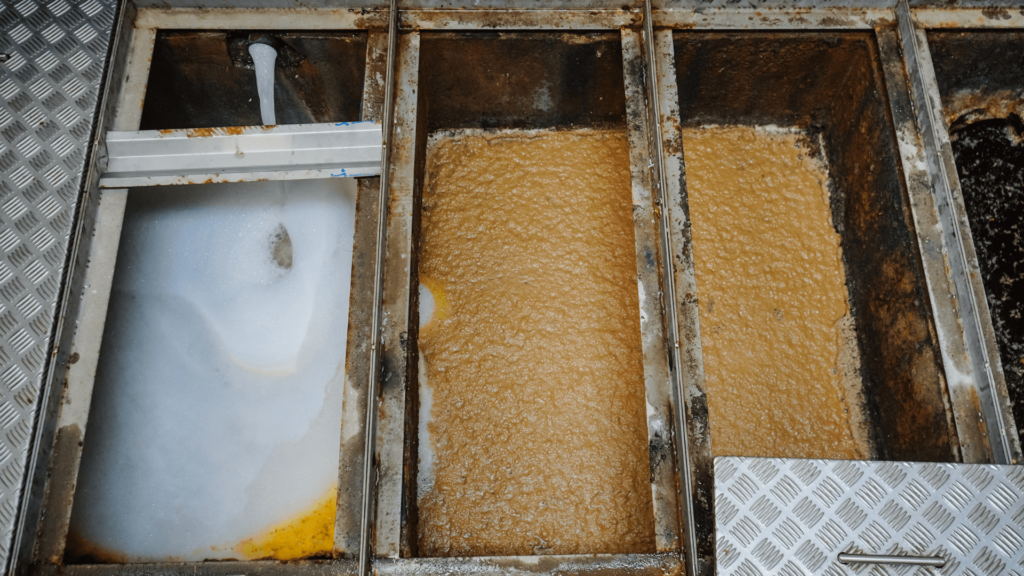If you own a sump pump, then you know how important it is to keep it clean and well-maintained. A sump pump is responsible for removing excess water from your basement or crawl space. It helps to prevent flooding and water damage. In this blog post, we’ll discuss why it’s important to clean your sump pump, how to clean it with household items, and what happens if you don’t clean it.
Why You Need to Clean Your Sump Pump
Over time, dirt, debris, and other materials can accumulate in your sump pump pit. This can cause your sump pump to work less efficiently. If your sump pump isn’t working at its full capacity, it won’t be able to keep up with the water entering your basement or crawl space, which can lead to flooding and water damage.
What You Will Need
A grease trap works by slowing down the flow of wastewater and allowing FOGs to rise to the surface. As the FOGs solidify, they get trapped, and only the clean water flows into the sewer system. Grease traps are essential in preventing sewer blockages and overflows, which can result in costly repairs and environmental damage.
The Benefits of Installing a Grease Trap in Your Business
Your business can benefit greatly from installing a grease trap.
- First, it prevents clogs and backups that cause costly repairs.
- Second, it reduces the amount of FOGs entering the sewer system, reducing environmental damage.
- Finally, it improves plumbing health and prolongs its lifespan.
How a Grease Trap Can Help You Save Money on Plumbing Repairs
By preventing clogs and backups in your plumbing system, a grease trap can save you money on costly repairs. When FOGs accumulate in your pipes, they can create blockages that lead to slow drains and backups. Over time, these blockages can cause damage to your pipes, leading to expensive repairs.
Preventing Sewer Blockages and Overflows
FOGs can enter the sewer system and create blockages. Blockages can cause sewer backups and overflows, which can result in environmental damage and costly repairs. Therefore, by installing a grease trap in your business, you can help prevent these issues and keep your plumbing system running smoothly.
The Different Types of Grease Traps Available for Businesses
There are several types of grease traps available for businesses, including passive and automatic grease traps. Passive grease traps are the most common type and are designed to work with gravity. Automatic grease traps use sensors to detect FOGs and automatically remove them from the wastewater.
Other types of grease traps include:
- Gravity grease traps
- Hydro-mechanical grease interceptors
- Hydromechanical grease traps
- PDI grease interceptors
If you own any of these businesses, you can benefit from grease traps:
- Restaurants and food service establishments
- Cafeterias and schools
- Hospitals and healthcare facilities
- Hotels and hospitality businesses
- Supermarkets and grocery stores
- Food processing plants and manufacturing facilities
How to Choose the Right Grease Trap for Your Business
Choosing the right grease trap for your business depends on several factors, including the size of your business and the amount of FOGs produced. You should also consider the installation and maintenance costs when choosing the right one for your business.
Grease Traps Are Key For Any Chicago Restaurant
In conclusion, Installing a grease trap in your business prevents clogs and backups, reduces environmental damage, and prolongs plumbing lifespan. By understanding how the traps work, their benefits, and how to choose the right one for your business, you can ensure that your plumbing system remains healthy and functional for years to come. Call Windy City Rooter to install a grease trap for your business.
Check out our Google Reviews!

